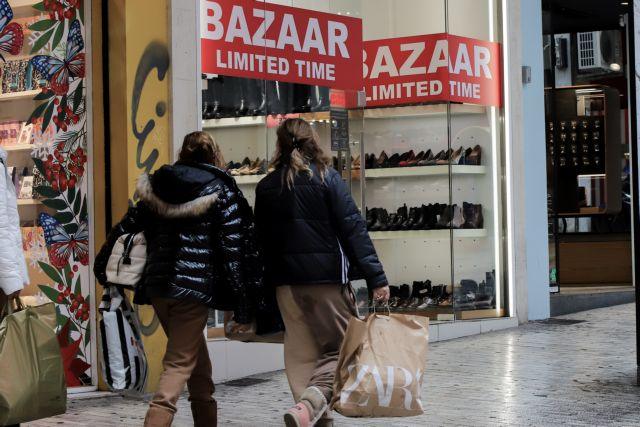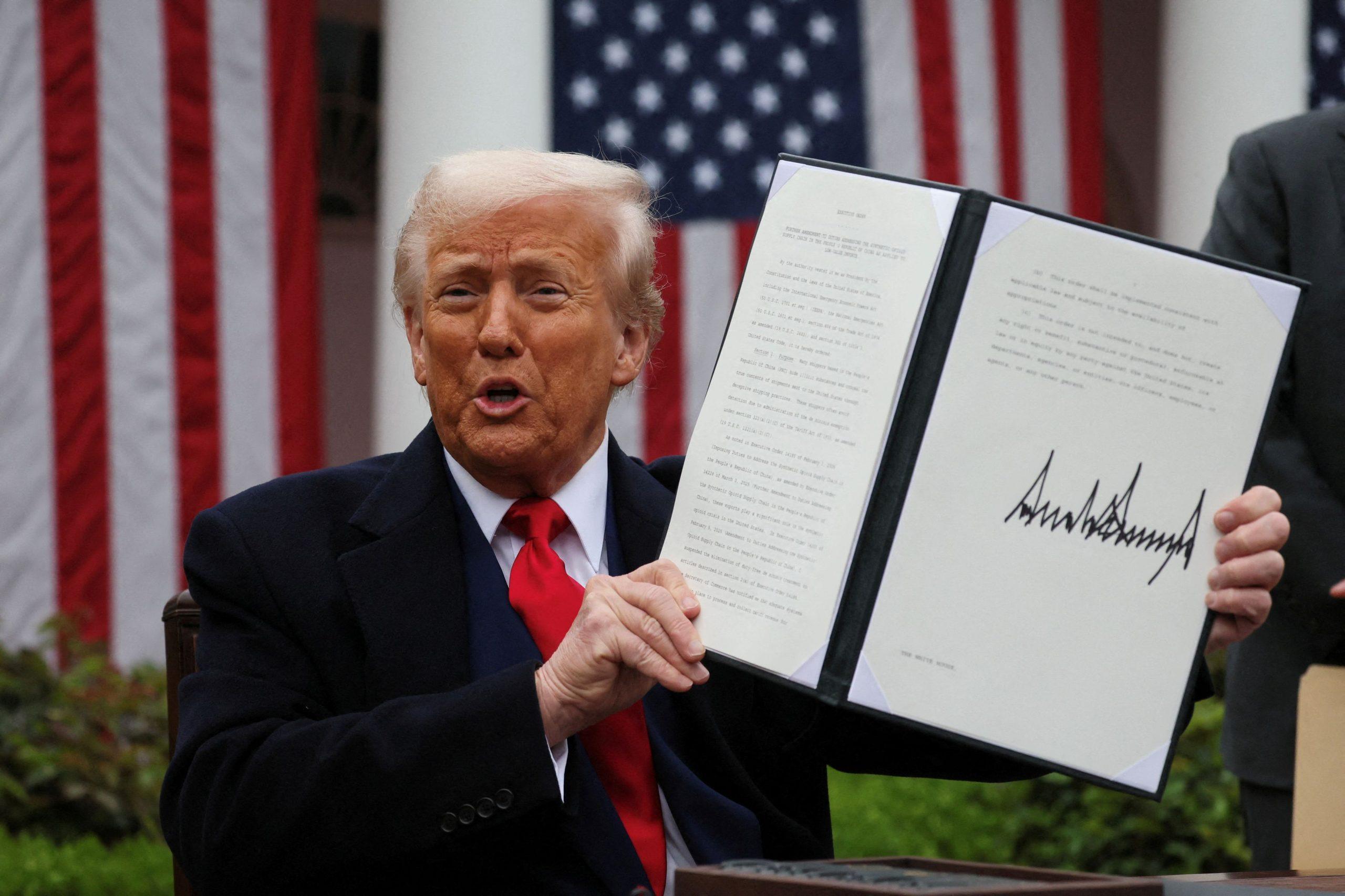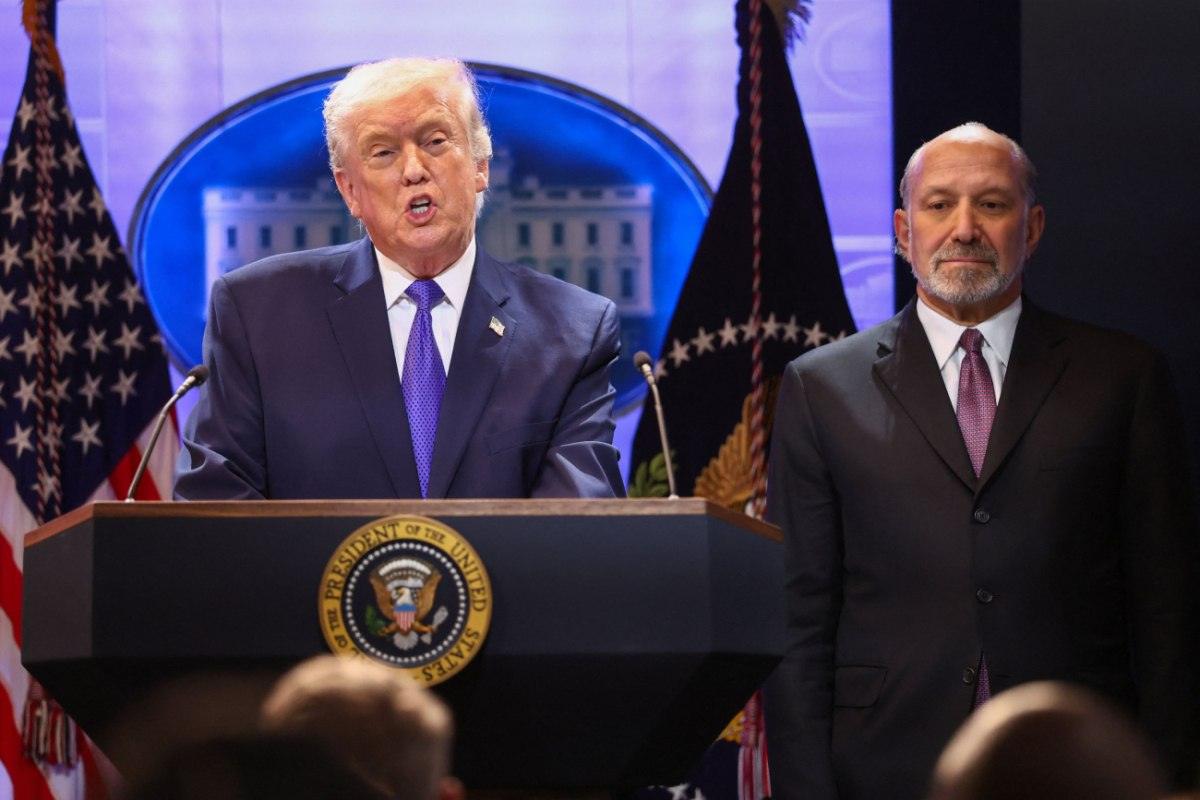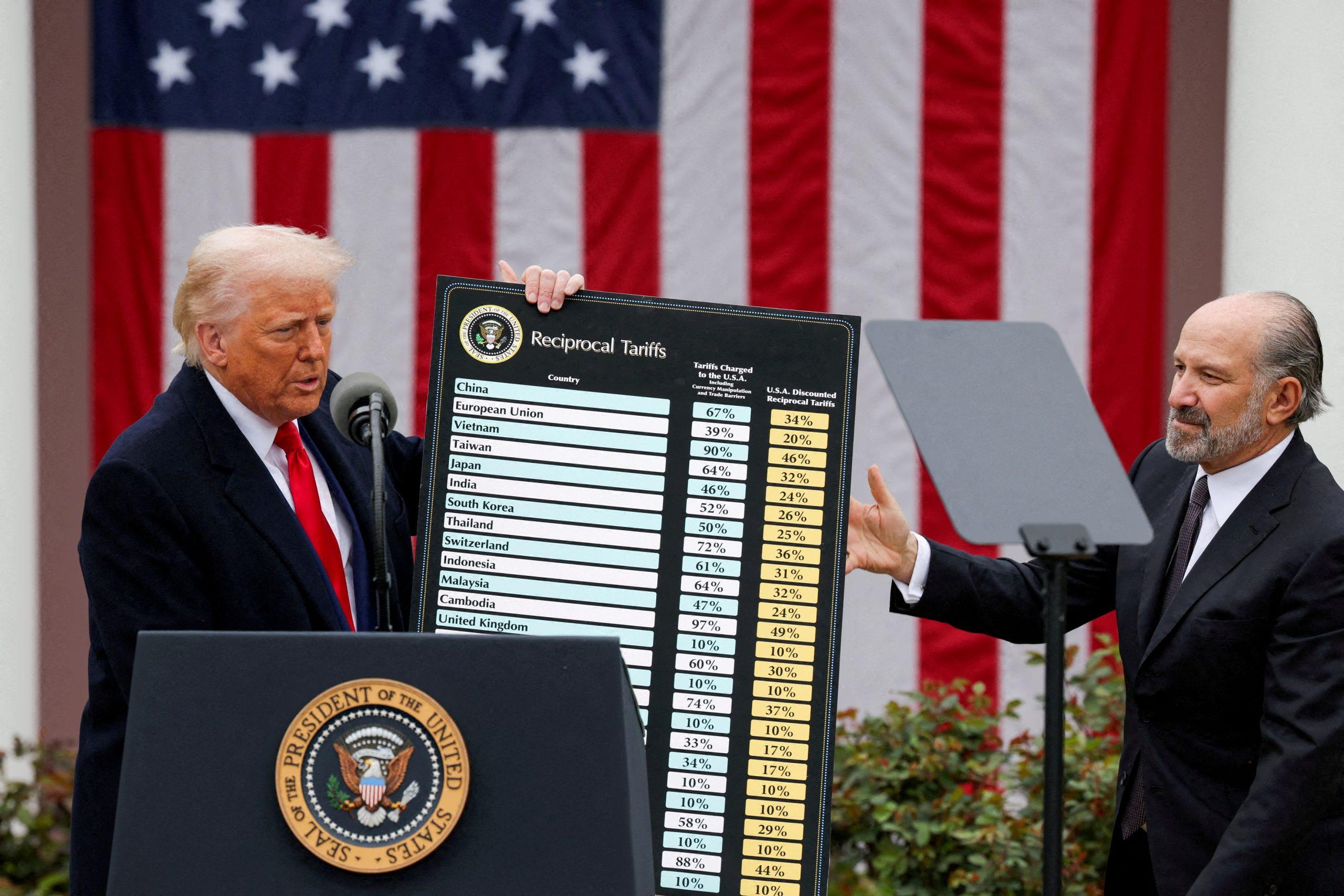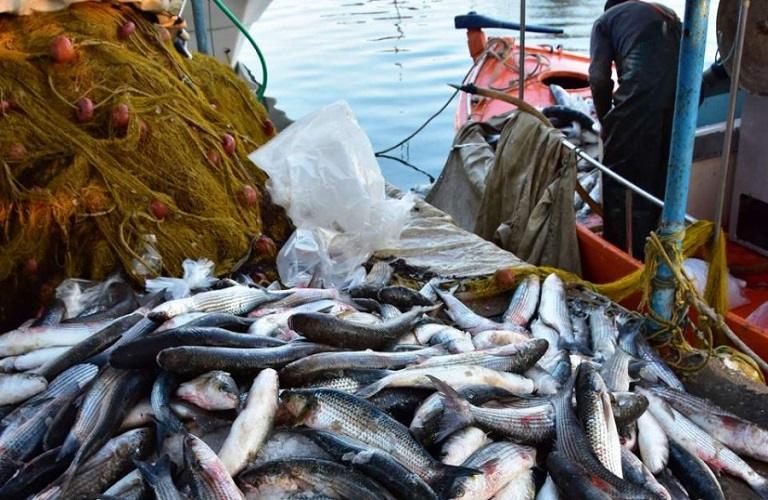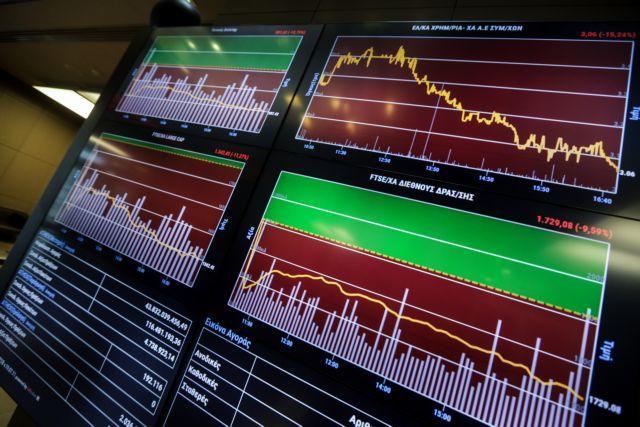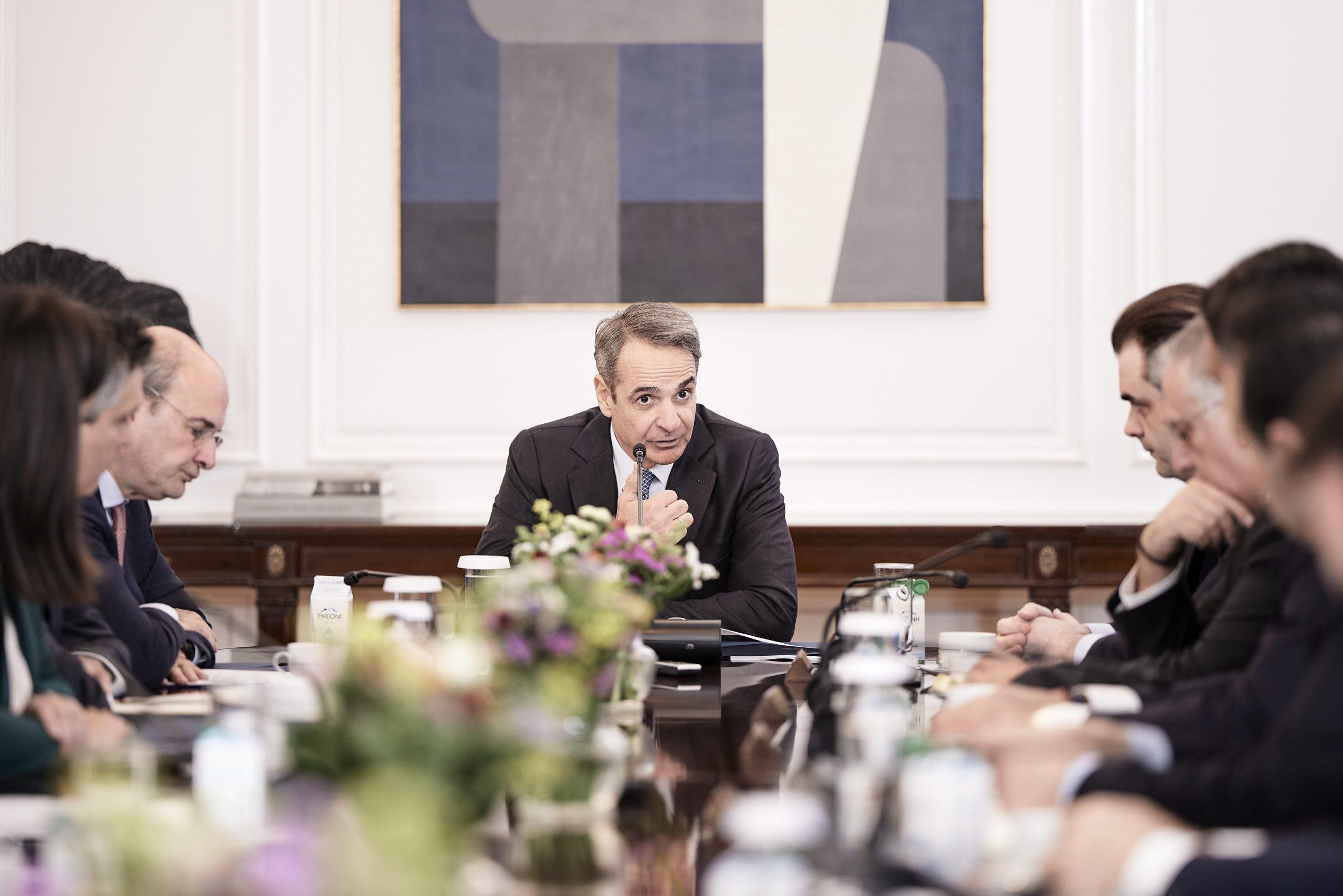A new landscape in terms of wages is being formed after the official announcement by the Prime Minister Mr. K. Mitsotakis of the acceleration of the process for the validity of the new threshold of minimum wages.
There are three developments that are expected in the next period around the minimum wage.
First, the government will bring a legislative provision to speed up the process of shaping, but also to change the force of, the new minimum wage from 1 May. This is necessary, as the law in force stipulates that the process is completed in June and the new salary takes effect on January 1 of the following year. The regulation – most likely – will provide that especially for 2022 “another time step” will be followed for the formation of the minimum wage but also for its effective date.
Secondly, all indications are that the minimum wage may exceed 700 euros as the new increase – after the 2% in January – reaches and may exceed 6%.
Thirdly, in 2023 it is to be followed by a new high increase with the lowest exceeding – after 11 years – the 751 euro height where it was before its reduction, in February 2012, when the country and the economy were in a state of memorandum surveillance.
The countdown
For the rest, the countdown has started for the second – substantial this time – increase of the minimum wage within 2022. In the next few days the consultation process will begin while the final announcement of the percentage will be made in April and will take effect from the 1st May.
The acceleration of the process and the validity of the second installment of increases within 2022, was personally decided by the Prime Minister Mr. K. Mitsotakis and he asked the Ministry of Labor for its implementation.
The prime minister – of course – did not refer to the percentage in numbers, but described the second installment of the increase as “significant and much larger” than the 2% increase given on January 1, 2022.
This report contributes to the prevailing scenario revealed by OT for an additional increase of 6% – in addition to the 2% that was valid from 1.1.2022 – and setting the minimum at 703 euros.
The Ministry of Labor has already prepared the immediate start of the process and after the announcement of the Prime Minister will speed up the necessary procedures. At the same time, it has taken a stand in favor of maintaining the three-year term, which is another burning issue related to pay. The ministry will immediately set up a three-member coordination committee for the consultation, which will coordinate the dialogue with the social partners, the scientific institutes, the Centre of Planning and Economic Research KEPE and the Bank of Greece.
All indications point to an increase of at least 6%, in addition to the 2% already granted from January 1 of the new year. According to the government plan – in total – the increase for 2022 will “move” close to the area of GDP growth, which is set at around 8%. Thus, after 2%, the final increase of the minimum wage is expected to be completed with an additional 6%. In this scenario – which is the most likely today – the minimum wage, which rose to 663 euros in January, will reach 703 euros in May.

